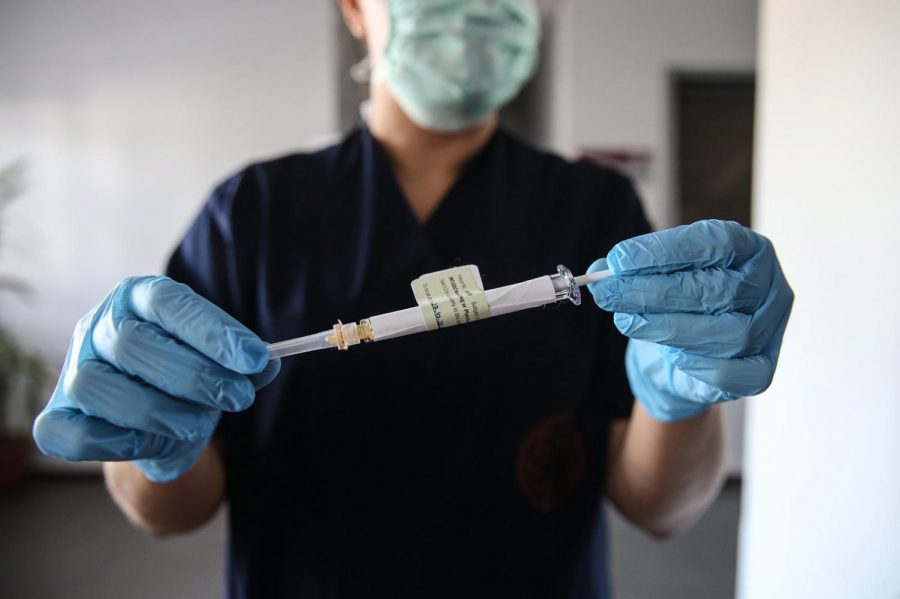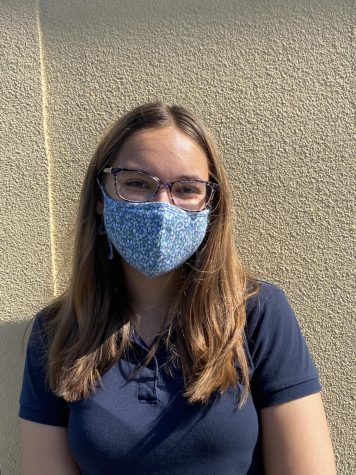New COVID-19 Variants
Dogukan Keskinkilic/Anadolu Agency via Getty Images
COVID-19 vaccine.
January 15, 2021
As COVID-19 vaccines begin to roll out and people resume their jobs, many might assume that we’re finally reaching the end of our year-long battle against the pandemic. However, new COVID-19 variants are appearing across the world, leaving the public wondering if the battle is just beginning.
The Centers for Disease Control and Prevention (CDC) states that variants of viruses are not out of the ordinary as “viruses constantly change through mutation, and new variants of a virus are expected to occur over time.” Variant strains of SARS-CoV-2 have been documented globally throughout the course of the pandemic. An example being a variant which emerged in the United Kingdom in September 2020, and another variant which emerged in South Africa in October.
In the United Kingdom, a new variant strain of SARS-CoV-2 “emerged with an unusually large number of mutations” in September 2020 and has “since been detected in numerous countries around the world, including the United States and Canada,” according to the CDC. The CDC further stated that “preliminary epidemiologic indicators suggest that this variant is associated with increased transmissibility” and that “there is no evidence to suggest that the variant has any impact on the severity of disease or vaccine efficacy.”
Currently, there are 76 cases of a coronavirus variant in the United States. According to the CDC, Florida alone has 22 cases. California leads the number of cases in the U.S. with 32 cases. Pennsylvania, Georgia, Texas, Wisconsin, and Indiana all have one case each. Maryland has 2 cases, Connecticut has two cases, Colorado has four cases, New York has four cases, and Minnesota has five cases. The CDC is currently working to “detect and characterize emerging viral variants and expand its ability to look for COVID-19 and new variants.”
Many questions have been raised concerning the new variants which first emerged in the United Kingdom and South Africa, such as why they seem to be spreading so quickly and if they can overcome natural immunity. The CDC assures that “at this time, there is no evidence that these variants cause more severe illness or increased risk of death.”
A new study brings hope to the situation, making experts confident in the vaccines effectiveness against such variants. This study states that the Pfizer-BioNTech COVID-19 vaccine can be effective against the variants found in the United Kingdom and South Africa. This study was conducted by scientists from Pfizer and the University of Texas Medical Branch at Galveston.


